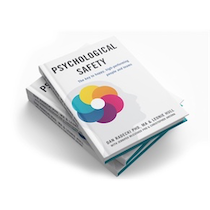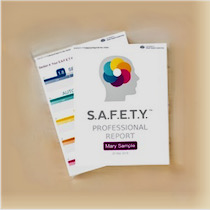Much is being said about bias as we realize more and more that the human brain is wired, in some ways, to categorize people. According to a New York Times editorial by Nicholas Kristof, “Scholars suggest that in evolutionary times we became hard wired to make instantaneous judgements about whether someone was in our group or not.” In some cases this was a matter of life or death.
This show featured Dr. Dan Radecki, a leading neuroscientist who built the first ever Neuroscience of Leadership curriculum. We will discuss the role that the brain plays in non-conscious bias and what we can do about it in a world where we need more understanding and connection – not distance.
Presenters

Dr Dan Radecki
The Academy of Brain-based Leadership

Linda Sharkey
Voice of America











